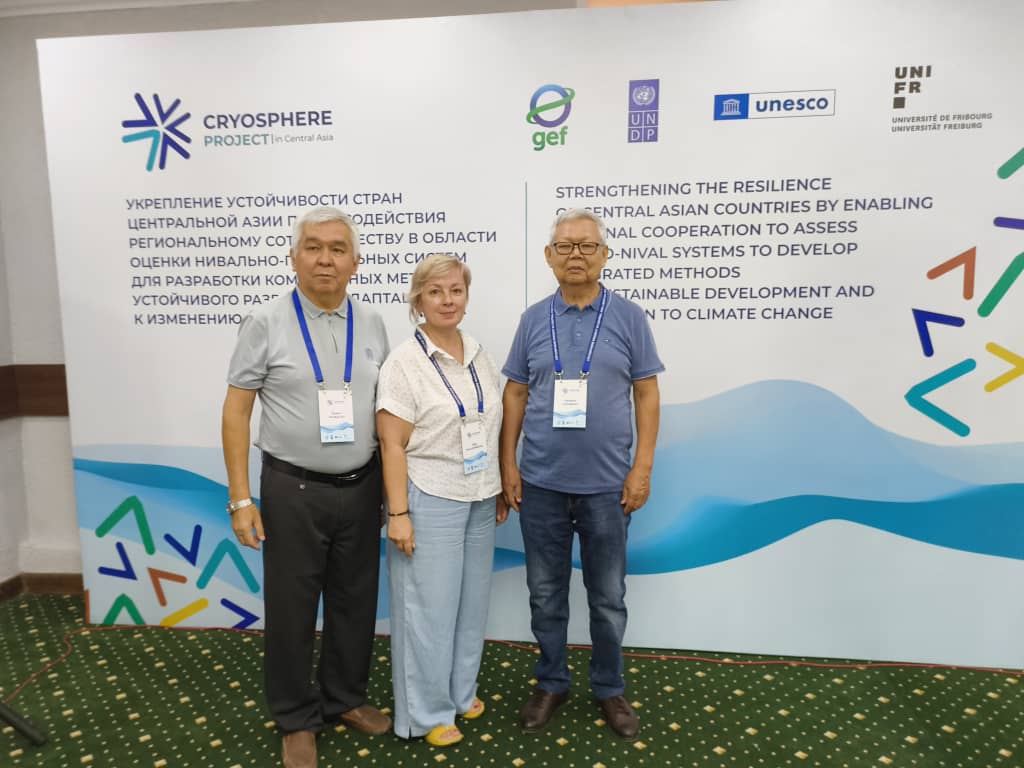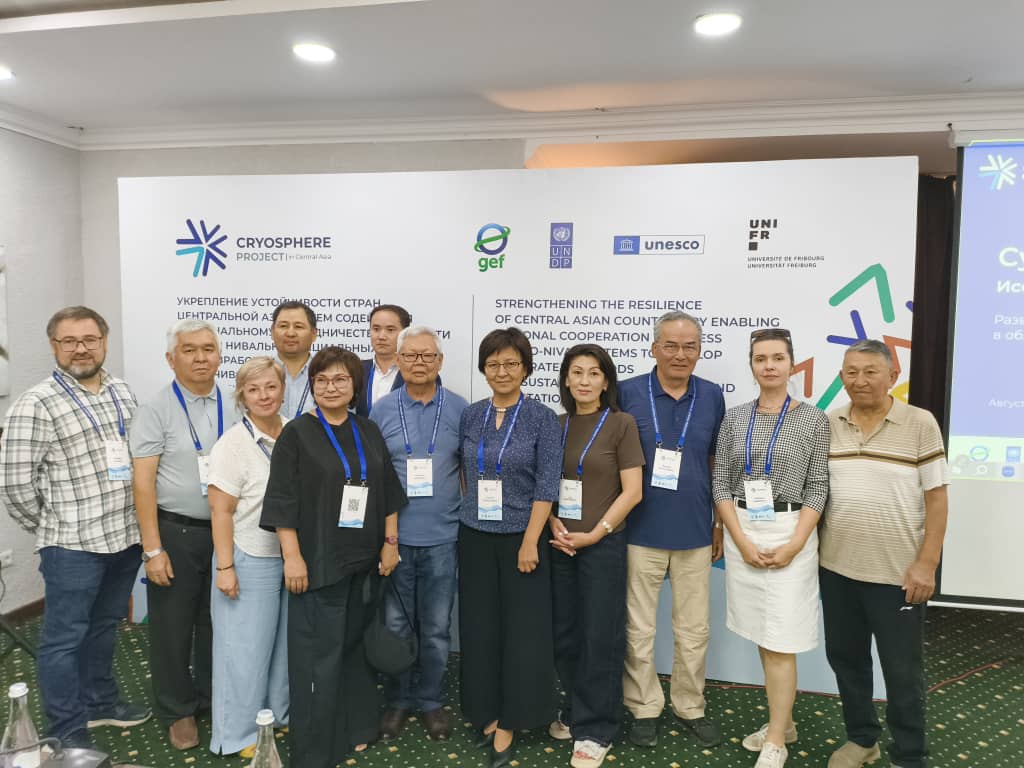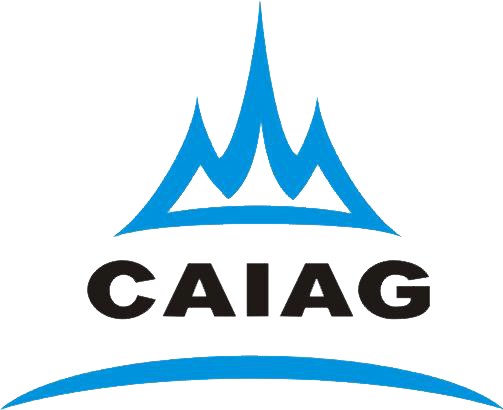Subregional Workshop in Kyrgyzstan: Coordinating Joint Action on the Cryosphere in Central Asia
From 6 to 8 August 2025, a subregional workshop took place in the village of Boz-Beshik on Lake Issyk-Kul (Kyrgyz Republic) to develop a Subregional Joint Action Programme(SJAP) under the GEF–UNDP–UNESCO project “Strengthening the Resilience of Central Asian Countries by Enabling Regional Cooperation to Assess Glacio-Nival Systems to Develop Integrated Methods for Sustainable Development and Adaptation to Climate Change” (Cryosphere Project in Central Asia).
The workshop was organized by the UNESCO Regional Office in Almaty in cooperation with national partners. It is conducted in line with the GEF International Waters methodology for developing Strategic Action Programmes for transboundary cooperation.
The Central Asian Institute of Applied Geosciences (CAIAG) was represented at the event by:
- Dr. Karabek Uzakbaev — Expert on the development of National Action Plans (NAPs);
- Dr. Ryskul Usubaliev — Head of the "Climate, Water, and Geoecology" Department;
- Dr. Olga Kalashnikova — Senior Researcher, "Climate, Water, and Geoecology" Department.

The workshop marked a key step in the development of the SJAP and National Action Plans (NAPs), which aimed to address priority challenges in cryosphere monitoring, observation, and research across the region. The work was based on the findings of a Diagnostic Analysis and four thematic studies prepared by national research institutions, the University of Fribourg, and regional experts.
Participants included representatives of government agencies, scientific institutions, and national experts appointed to contribute to the development of joint actions under the Cryosphere Vision 2050, which had been agreed upon at a previous subregional meeting held in Samarkand. The seminar also saw the participation of the GLOFCA project team (funded by the Adaptation Fund and implemented by the UNESCO Regional Office in Almaty across Kazakhstan, Kyrgyz Republic, Tajikistan, and Uzbekistan). GLOFCA representatives contributed their expertise to the development of SJAP and NAPs by providing support in disaster risk reduction (DRR) related to cryosphere change.
The programme of the workshop included:
-
A discussion by designated experts on a roadmap to strengthen higher education in cryosphere-related fields in Central Asia (6 August);
-
Development of key objectives and actions under the SJAP (7 August);
-
A technical field visit to the Tien Shan High Mountain Research Station to observe cryosphere monitoring systems in practice (8 August).
A gender-responsive approach was integrated into the formulation of SJAP objectives, including an analysis of the differentiated vulnerabilities of women and men to climate-related risks, as well as targeted measures to strengthen women’s participation in the governance of water and glacial resources. Particular attention was given to ensuring the meaningful…





